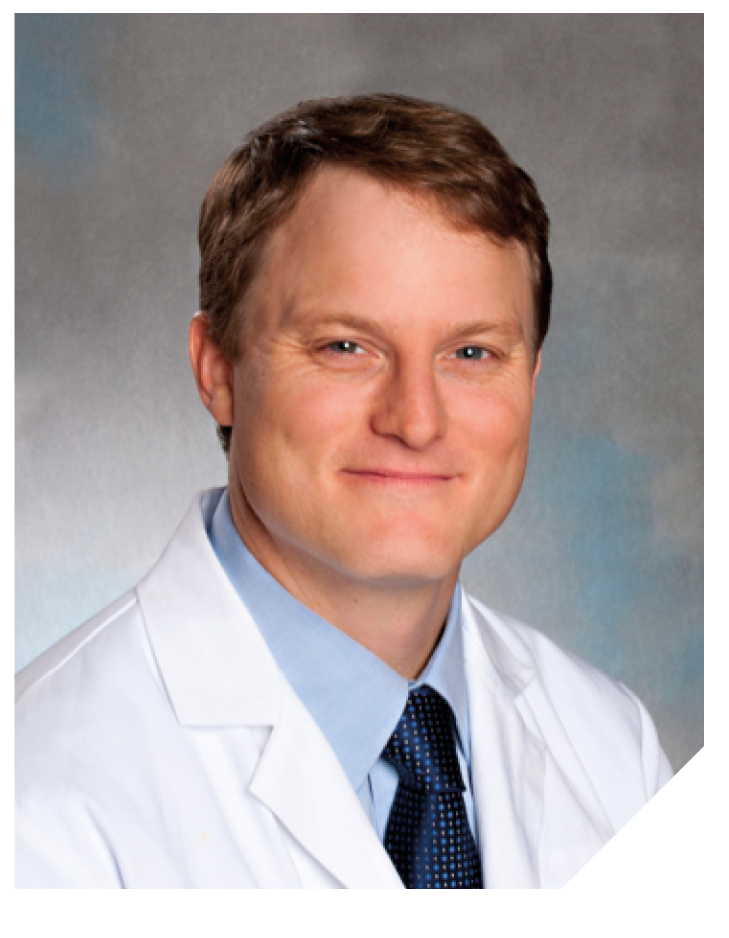Thank you for your interest in this edition of Medicom’s Conference Report covering the American Heart Association’s 2022 Scientific Sessions in Chicago, USA. This year’s meeting was filled with late-breaking clinical trials, innovative science, and therapeutic device applications for heart failure patients.
This year’s AHA meeting covered a breadth of topics. In the following pages you will read about new data for patients with heart failure including diuretic choice, iron repletion, and benefits of intensive titration of proven therapies; novel approaches to hypertension including endothelin antagonism, renal denervation, and mindfulness; results from the long-awaited BEST-CLI trial asking what the best first approach is to revascularization in patients with critical limb-threatening ischemia; and novel approaches to patients with arrythmia. Late-breaking data were presented on the use of SGLT2 inhibitors in patients with chronic kidney disease; evaluating novel and existing lipid modifying therapies, testing novel digital therapeutics for diabetes, and therapies to reduce risk in outpatients with COVID-19.
The summaries provided are intended to give an overview of the science with references to facilitate further learnings. All are written independently and are peer-reviewed for balance. We hope you find this edition informative, engaging, and balanced and thank you again for your readership.
Sincerely,
Marc P. Bonaca MD MPH

Biography
Marc P. Bonaca, MD, MPH, is a Cardiologist and Vascular Medicine Specialist who serves as the Executive Director of CPC Clinical Research and CPC Community Health at the University of Colorado Anschutz Medical Campus. He is the Director of Vascular Research and an Associate Professor of Medicine at the University of Colorado School of Medicine and the inaugural holder of the William R. Hiatt Endowed Chair in Cardiovascular Research.
Dr Bonaca earned his medical degree from the University of Connecticut School of Medicine and his Masters in Public Health at Harvard University. He served as a Medical House Officer at Brigham and Women’s Hospital and Harvard Medical School. After completion of his training, he joined the faculty of the Cardiovascular Division and Vascular Medicine section of Brigham and Women’s Hospital and Harvard Medical School and became an Investigator at the TIMI Study Group.
Dr Bonaca’s research focus is on ischemic risk in patients with atherosclerotic vascular disease, risk prediction, and risk modification through the use of pharmacologic and biologic therapies. His key areas of interest include patients with peripheral artery disease, polyvascular disease and diabetes with a focus on the breadth of risk including ischemic limb outcomes, microvascular complications and major adverse cardiovascular events.
Conflict of Interest Statement:
Grant support to BWH from AstraZeneca, MedImmune, Merck, PfizerGrant support to CPC from Amgen, AstraZeneca, Bayer, Janssen, NovoNordisk, Sanofi
Posted on
Previous Article
« Torsemide not superior to furosemide after hospitalisation for heart failure Next Article
Top 14 Medical Innovations for 2022 »
« Torsemide not superior to furosemide after hospitalisation for heart failure Next Article
Top 14 Medical Innovations for 2022 »
Table of Contents: AHA 2022
Featured articles
What Is New in Heart Failure
Torsemide not superior to furosemide after hospitalisation for heart failure
IRONMAN failed primary endpoint but shows potential long-term benefits of iron repletion in HF patients
Up-titration of HF therapies following HF discharge saves lives
Hypertension: Novel Developments
The endothelin system: a new target for resistant high blood pressure
Can renal denervation lower BP on top of antihypertensive drugs?
Quadruple, ultra-low-dose treatment did not meet primary endpoint in hypertension
Mindfulness programme contributes to office blood pressure lowering
Interventional Cardiology in 2022
Grafting with the radial vein: an underrated option in CABG surgery?
Extracorporeal membrane oxygenation not superior to conservative therapy in cardiogenic shock
Surgery with adequate saphenous vein partly better than endovascular treatment in CLTI
Arrhythmia – State of the Art
First-line ablation limits progression to persistent AF
Doubling the dose of self-administered etripamil terminates PSVT
Novel Developments in Primary and Secondary Prevention
Grafting with the radial vein: an underrated option in CABG surgery?
Digitally delivered cognitive behavioural therapy successful in type 2 diabetes
Empagliflozin reduces risk of kidney disease progression and CV events in patients with CKD
RESPECT-EPA misses primary endpoint but hints towards improvements in CV outcomes by EPA
Pemafibrate fails to reduce cardiovascular events in diabetes but may benefit the liver
Dietary supplements not effective in lowering LDL-C, use of low-dose statins encouraged
No sex differences in lipid-lowering effect and treatment benefit of PCSK9 inhibitors
COVID-19 and the Heart
‘No’ to routine use of rivaroxaban in outpatients with COVID-19
COVID-19 pandemic: Older adults and those affected by the delta variant experienced increased cardiovascular morbidity and mortality
COVID-19 mRNA vaccination does not amplify risk of cardiovascular hospitalisation
Best of the Posters
Higher LDL-cholesterol levels linked to higher CVD mortality risk in the elderly
AF: Moderate alcohol intake possibly associated with a reduced mortality risk
Periodontitis: An independent risk factor for AF
Related Articles
© 2024 Medicom Medical Publishers. All rights reserved. Terms and Conditions | Privacy Policy
HEAD OFFICE
Laarderhoogtweg 25
1101 EB Amsterdam
The Netherlands
T: +31 85 4012 560
E: publishers@medicom-publishers.com

